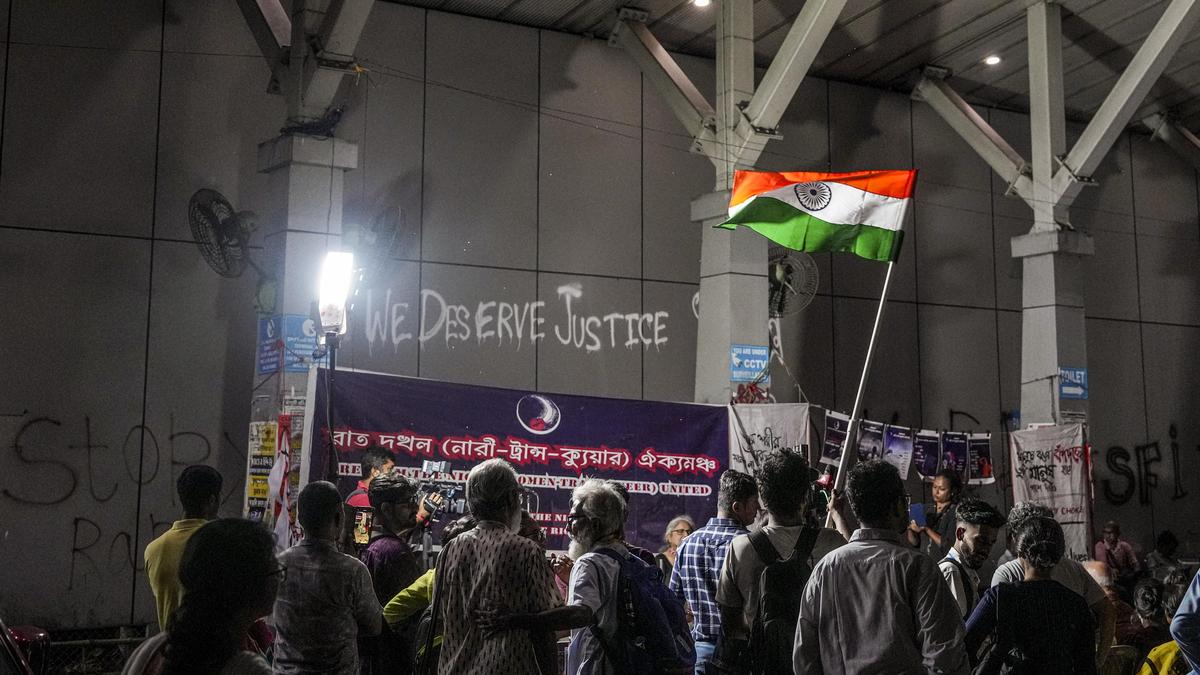Citing “defect in investigation”, the Allahabad High Court on Wednesday (October 29, 2025) set aside the death sentence of four persons and life imprisonment of another in connection with a pre-dawn attack on January 1, 2008, on a CRPF camp in Rampur district of Uttar Pradesh.
The attack left seven jawans and a rickshaw-puller dead. Eight persons, including three CRPF constables, were injured.
The Bench of Justices Siddharth Verma and Ram Manohar Narain Mishra acquitted Mohd. Sharif, Sabauddin, Imran Shahjad, Mohd. Farooq and Jang Bahadur Khan from the charges of murder among others. They were convicted by Justices Sidharth Verma
The court, however, found the five accused, including Khan who had been sentenced to life imprisonment, guilty under Section 25 (1-A) of the Arms Act and sentenced them to 10 years of rigorous imprisonment. It imposed a fine of ₹ 1 lakh each on the petitioners who had approached the high court against the judgment passed by the additional district and sessions judge of Rampur on November 1, 2019, and November 2, 2019.
“The defect in investigation went to the root of the case and ultimately culminated in the acquittal of the accused persons. We are deeply concerned with the magnitude and enormity of the offence and at the same time we are constrained to observe that the prosecution miserably failed to prove the case against the accused for the principal offence beyond reasonable doubt which is a golden rule that runs through the web of criminal jurisprudence,” the court noted.
Coming down heavily on the investigative agency, the court noted that the case would have reached a different conclusion had the investigation and the prosecution been conducted by trained police.
The court pointed out how the FIR stated that prosecution witnesses had never known the accused from before and were never made to identify them through a test identification parade (TIP). Still, all the witnesses were aware that the accused had committed the offence. Under such circumstances, it could not be denied that the incident did take place, but it needed to be found out as who committed the offence, the court said.
“In the absence of TIP, we have absolutely no link which would make us believe that the eyewitnesses actually recognised the accused. Simply because the accused were dreaded criminals and had been apprehended by the police would not connect them to the incident...,” the court said.
It added that during the cross-examinations, the prosecution witnesses failed to establish how and when they got to know the names of the accused when at the time of the lodging of the FIR and while recording the statements, they did not know their names.

 4 hours ago
7
4 hours ago
7









 English (US) ·
English (US) ·